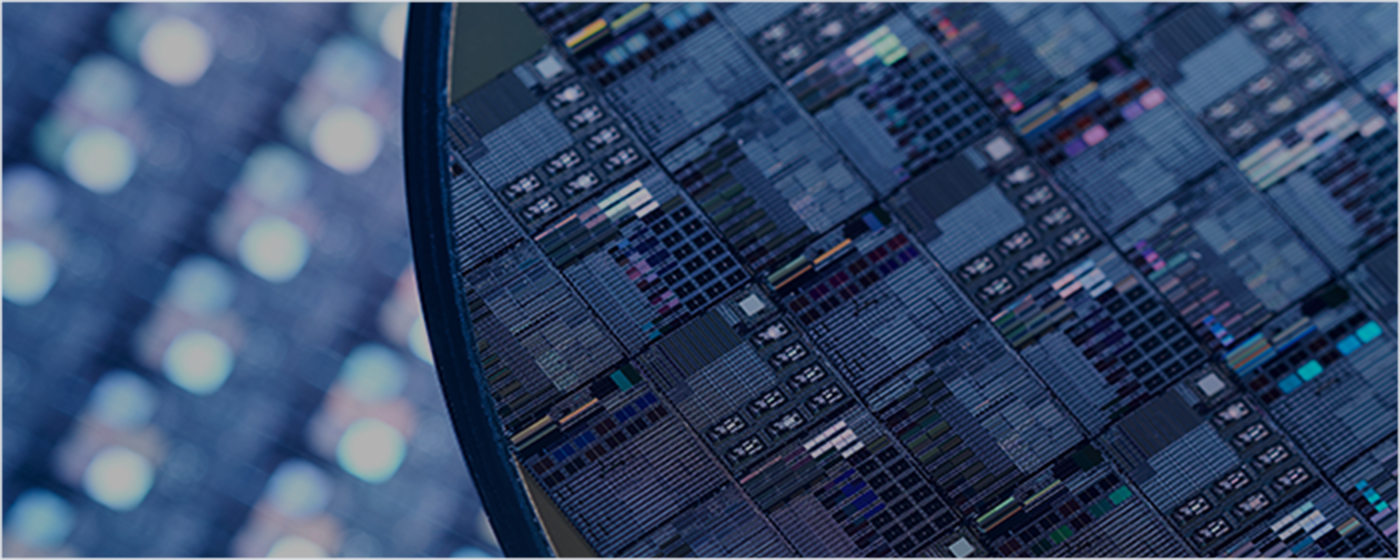Corporate Responsibility
Environmental Sustainability
Statement on Conflict Metals
Gold (Au), tantalum (Ta), tungsten (W) and tin (Sn) are commonly used in the electronics industry. These elements come from a variety of sources, including what is referred to as "Conflict Zones," which includes the eastern region of the Democratic Republic of the Congo (DRC).
As a manufacturer of products that contain gold, tantalum, tungsten and tin, which are considered conflict minerals, VIDAR is committed to sourcing these materials only from socially and environmentally responsible suppliers.
VIDAR expects our suppliers to adhere to the Responsible Business Alliance (RBA) Code of Conduct, formerly known as the Electronic Industry Citizenship Coalition® Code of Conduct (www.responsiblebusiness.org/), to source materials responsibly and not knowingly use metals originating from Conflict Zones.
RoHS Compliance Statement
The Restriction of Hazardous Substances (RoHS) Directive (2011/65/EU) restricts the use of certain hazardous substances commonly used in the manufacturing of electronic equipment and requires producers of electronic equipment to reduce the concentration of these hazardous materials, which include:
- Cadmium (Cd) ‹ 100 ppm
- Lead (Pb) ‹ 1000 ppm
- Mercury (Hg) ‹ 1000 ppm
- Hexavalent Chromium (Cr VI) ‹ 1000 ppm
- Polybrominated Biphenyls (PBB) ‹ 1000 ppm
- Polybrominated Diphenyl Ethers (PBDE) ‹ 1000 ppm
Commission Delegated Directive (EU) 2015/863 of 31 March 2015 amends Annex II to Directive 2011/65/EU of the European Parliament and of the Council with the addition of four phthalate substances to the list of restricted substances. The following will be internally restricted effective 22 July 2019.
- Bis(2-Ethylhexyl) phthalate (DEHP) ‹ 1000 ppm
- Benzyl butyl phthalate (BBP) ‹ 1000 ppm
- Dibutyl phthalate (DBP) ‹ 1000 ppm
- Diisobutyl phthalate (DIBP) ‹ 1000 ppm
VIDAR products comply with the EU RoHS Directive.
China RoHS Compliance
China RoHS is similar to its European counterpart in that it prohibits the use of heavy metals (Lead, Mercury, Cadmium, Hexavalent Chromium) and two brominated compounds (Polybrominated Biphenyls and Polybrominated Diphenyl Ethers). China RoHS differs in having two phases, having no exemptions, requiring marking of product to show compliance, and requiring testing of product to show conformity in implementing the second phase.
VIDAR is fully committed to environment protection and sustainable development and has set in place a comprehensive program, in conjunction with our customers and suppliers, for removing polluting and hazardous substances from all of its products where this is technically feasible.
REACH Compliance Statement
REACH (Registration, Evaluation, Authorization and Restriction of Chemicals) is an EU Regulation that came into force on 1 June 2007. It aims to protect human health and the environment from the risks of chemicals.
VIDAR is committed to meeting all REACH requirements and providing our customers with information about the chemical substances in our products according to REACH regulations. All our products are articles according to the definition of REACH regulation.
For REACH Article 33 declaration, please contact the concerned branch of VIDAR Electronics Inc.
Waste Electrical and Electronic Equipment (WEEE)
The 2013 Waste Electrical and Electronic Equipment (WEEE) Regulations became law in the UK on 1 January 2014. It replaced the 2006 WEEE Regulations.
The Regulations, which refer to the EU Directive 2012/19/EU, restrict the use of hazardous substances in electrical and electronic equipment and set targets for the collection, recovery and recycling of WEEE. Producers placing products into the EU market are obliged to identify equipment suitable for recycling and allow it to be separated from other waste streams. The "crossed out wheelie bin" symbol with a black bar beneath it denotes that the product falls within these WEEE directive guidelines and should either be printed directly on the product or within the user documentation. As a WEEE producer, VIDAR Electronics Inc. must support its market share proportion of the financial burden of the collection, treatment and recycling of EEE products, and is legally required to register with the Environment Agency (EA) directly or via the Producer Compliance Scheme (PCS).


